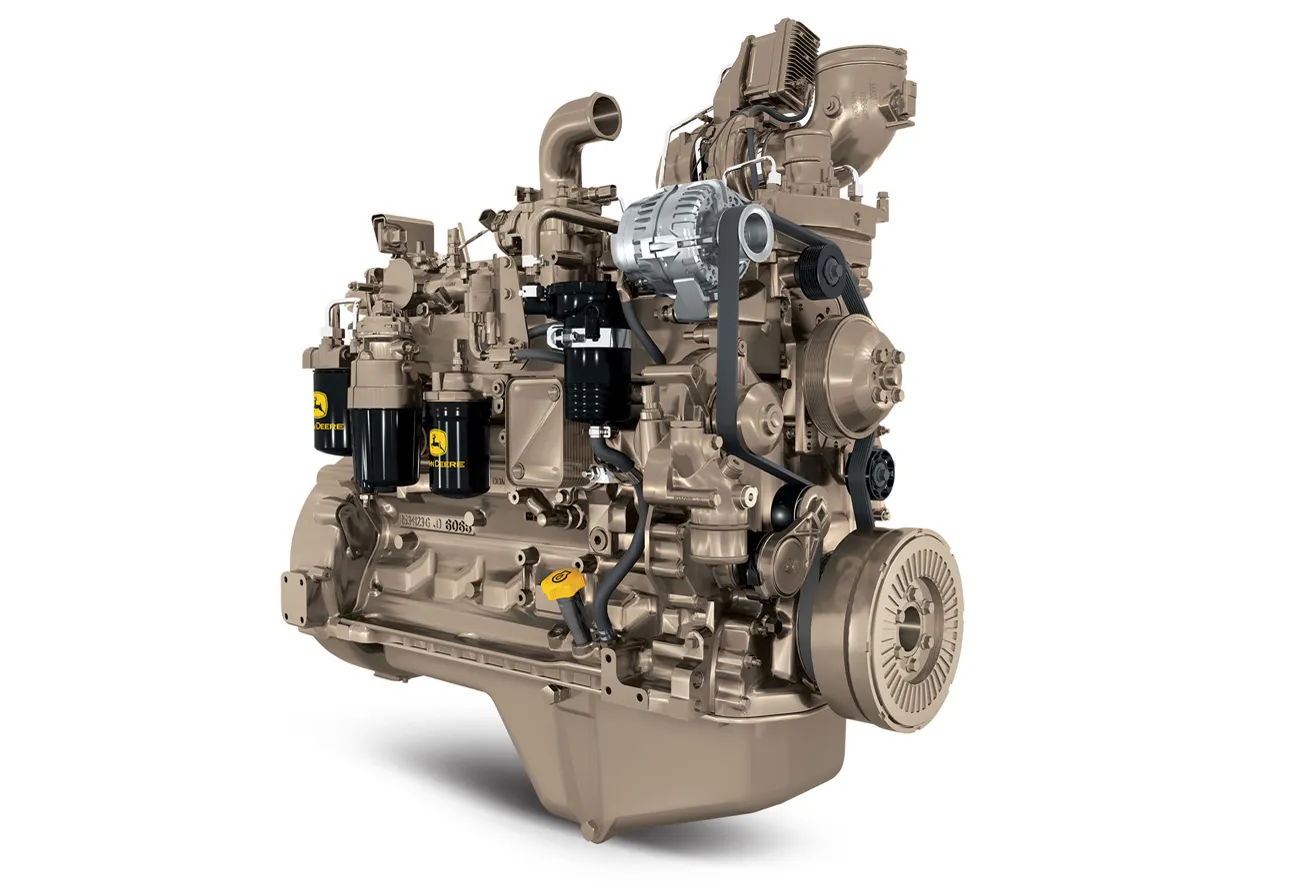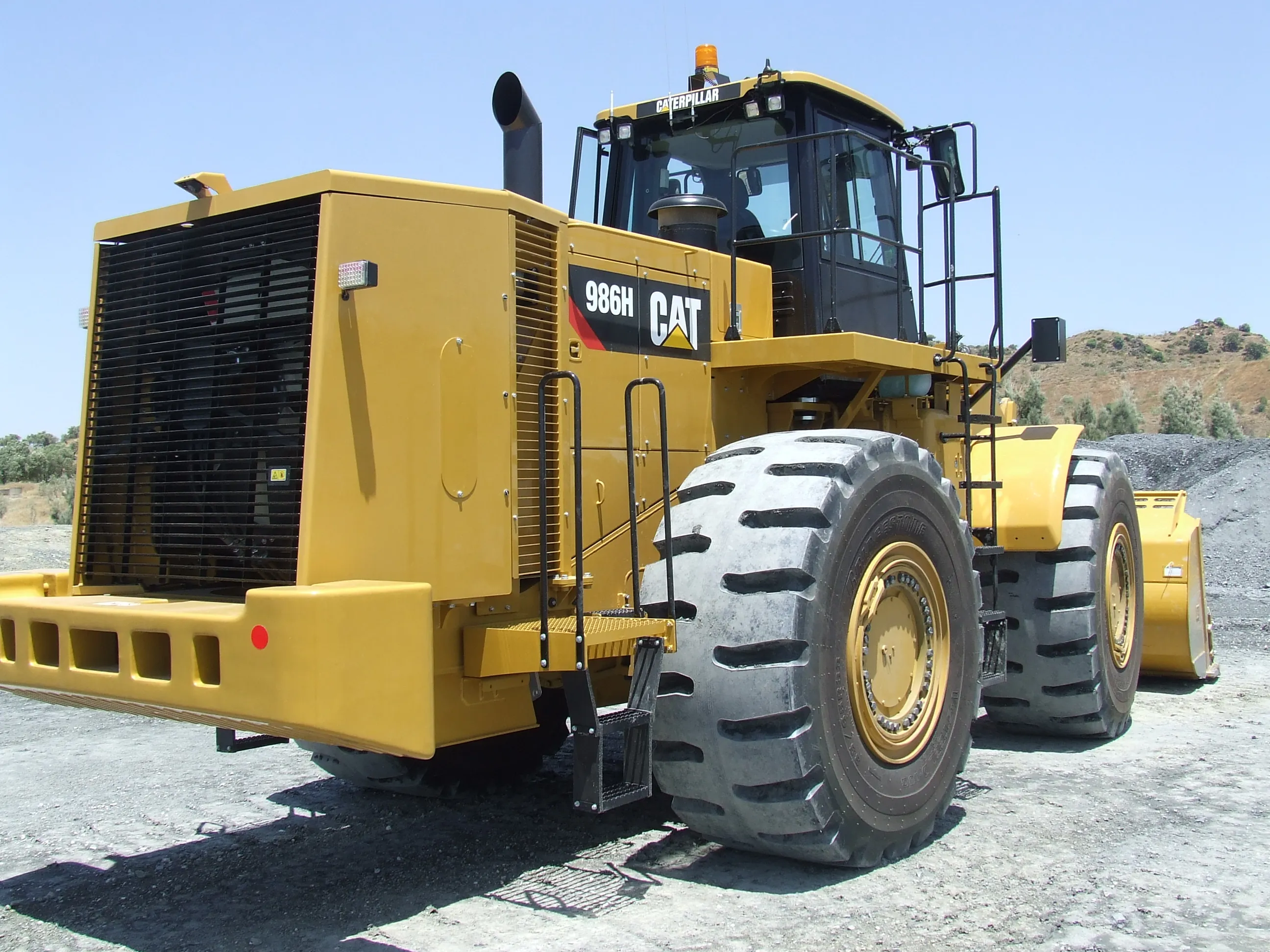For the off-highway equipment sector, 2014 is a year of note, as this is when the Tier 4 Final/Stage IV emissions legislation starts to be phased in for North America, Europe and Japan. For several years now engine manufacturers have been working hard to meet the demands of emissions targets set by legislators. This has been an extremely challenging task and one that many in the industry believed all but impossible just 10 years ago. Manufacturers have spent enormous sums developing engines that produce low
February 19, 2014
Read time: 3 mins

For the off-highway equipment sector, 2014 is a year of note, as this is when the Tier 4 Final/Stage IV emissions legislation starts to be phased in for North America, Europe and Japan.
For several years now engine manufacturers have been working hard to meet the demands of emissions targets set by legislators. This has been an extremely challenging task and one that many in the industry believed all but impossible just 10 years ago. Manufacturers have spent enormous sums developing engines that produce lower levels of nitrous oxides and also particulates. In fact, the latest generation engines could even function as filtration systems in many cities of the world as the gases coming from the exhaust could well be cleaner than input air.
But this new, low emissions technology has not been without its drawbacks.
Customers in developing markets typically buy secondhand equipment from developed markets. But in developing countries there is no availability of the high quality, low sulphur diesel that machines with emissions controls require. Using low quality fuels in machines with emissions controls leads to rapid and costly failures of fuel systems. As a result, there has been considerable concern expressed about the resale values of secondhand machines featuring emissions control systems.
Solutions have been found. JCB was the first large equipment manufacturer to develop a simple system for de-rating the emissions package to meet the needs of customers in markets with no compliance requirements. The firm’s emission control systems were designed that dealers could adjust the injection pressures and make a number of other simple adjustments to de-rate the emissions technology. Since then other manufacturers have taken similar steps, with de-rating of the emissions control technology now possible.
It is worth noting too that the Tier 4 Final/Stage IV emissions requirements look likely to be introduced in other key markets too. China already is already moving towards tougher legislation on emissions for construction machines and better quality fuels are being introduced. Given the need to tackle airborne pollution, it seems likely the Chinese Government will look to introduce Tier 4 Final/Stage IV requirements for off-highway equipment in the future, with the necessary high quality, low sulphur fuels being made available.
Looking further ahead for Europe and North America, new emissions legislation is now being debated. Precisely what outcomes will be made remain to be seen however.
For several years now engine manufacturers have been working hard to meet the demands of emissions targets set by legislators. This has been an extremely challenging task and one that many in the industry believed all but impossible just 10 years ago. Manufacturers have spent enormous sums developing engines that produce lower levels of nitrous oxides and also particulates. In fact, the latest generation engines could even function as filtration systems in many cities of the world as the gases coming from the exhaust could well be cleaner than input air.
But this new, low emissions technology has not been without its drawbacks.
Customers in developing markets typically buy secondhand equipment from developed markets. But in developing countries there is no availability of the high quality, low sulphur diesel that machines with emissions controls require. Using low quality fuels in machines with emissions controls leads to rapid and costly failures of fuel systems. As a result, there has been considerable concern expressed about the resale values of secondhand machines featuring emissions control systems.
Solutions have been found. JCB was the first large equipment manufacturer to develop a simple system for de-rating the emissions package to meet the needs of customers in markets with no compliance requirements. The firm’s emission control systems were designed that dealers could adjust the injection pressures and make a number of other simple adjustments to de-rate the emissions technology. Since then other manufacturers have taken similar steps, with de-rating of the emissions control technology now possible.
It is worth noting too that the Tier 4 Final/Stage IV emissions requirements look likely to be introduced in other key markets too. China already is already moving towards tougher legislation on emissions for construction machines and better quality fuels are being introduced. Given the need to tackle airborne pollution, it seems likely the Chinese Government will look to introduce Tier 4 Final/Stage IV requirements for off-highway equipment in the future, with the necessary high quality, low sulphur fuels being made available.
Looking further ahead for Europe and North America, new emissions legislation is now being debated. Precisely what outcomes will be made remain to be seen however.








